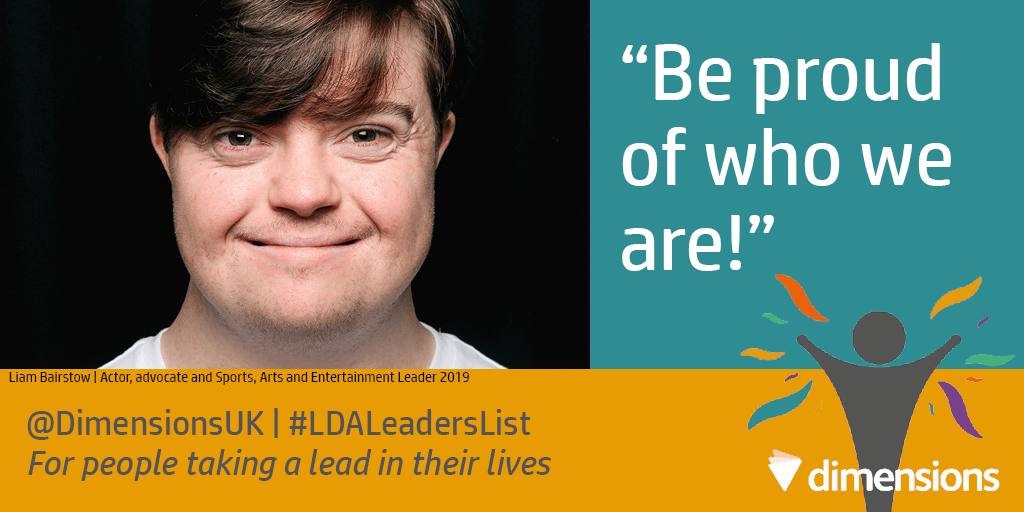Offenders with autism
One in five offenders at Dartmoor prison has traits of autism. The statistic, from Tanya’s doctorate research, lays bare the failure of current offending prevention and offender rehabilitation strategies for autistic people.
With strong support from the governor, Tanya is working across Dartmoor, and influencing the wider prisons community, to design support interventions that will reduce reoffending. This particularly includes supporting people with learning disabilities and autism back into employment; over 5 years Tanya has trained over 300 offenders to manage themselves in the work place and the community.
She’s also directly supported over 40 offenders into employment, all but one of whom have kept their jobs – a marked improvement against the control group in her research.

The people Tanya works with are asked to name and rate their positive and negative triggers. Over 2-3 years they learn to manage these triggers and reduce negative behaviours, to take responsibility for their responses and actions, and to develop a life plan.
Tanya says, “The result is they are not failing. We get messages that they got promoted, got married…and Christmas cards years after we have seen them. The project is in the process of applying for 250k funding now to run in 6 prisons…”
A non-conforming pupil who left school with no qualifications, Tanya herself was diagnosed with Asperger’s in adulthood. She’s battled the adversities associated with autism all her life yet she never gives in and is an inspiration for all around her.
Since school, she has literally educated herself to doctorate level and now occupies positions including Head of Criminal Justice at Genius Within and Criminal Justice Advisor for the National Autistic Society. Her doctorate has been presented to the Ministry of Justice and when published it is expected to change how offenders with ASD are rehabilitated following time in prison. In 2018 Tanya also won an ERSA (Employment Related Services) Advisor of the Year award.
Tanya cares about making a difference to those that have been left by the wayside, those who struggle to make sense of their lives. Offenders themselves hold Tanya in high regard and have written letters of appreciation about how she has gone the extra mile to improve their lives beyond the prison gate.
How does it feel to be a Learning Disability and Autism Leader?
“Being considered to be a Leader in my field is such an honour and I am really thankful to be considered. Being autistic myself has driven me to work with offenders on the spectrum to make a difference in how they see the world. Knowing that The Support Change Project is having this impact is amazing.”
“It is incredible to leave school with few qualifications and educate yourself to doctorate level. It is admirable to then to use your research skills to support people in custody who have autism.” – Leaders’ List 2019 Judge











